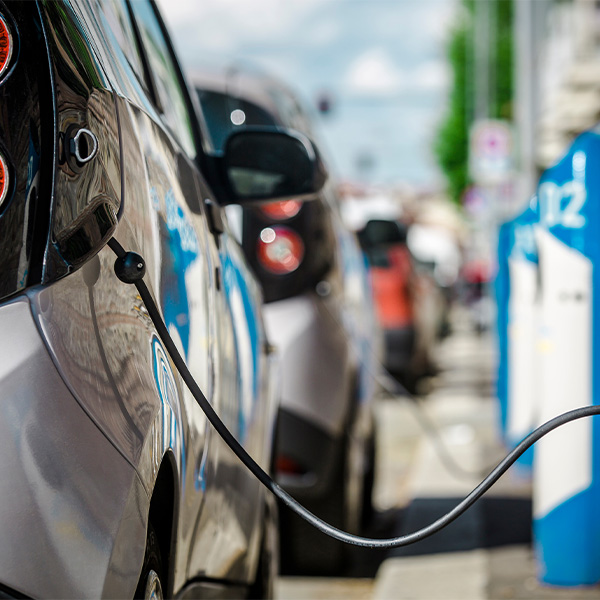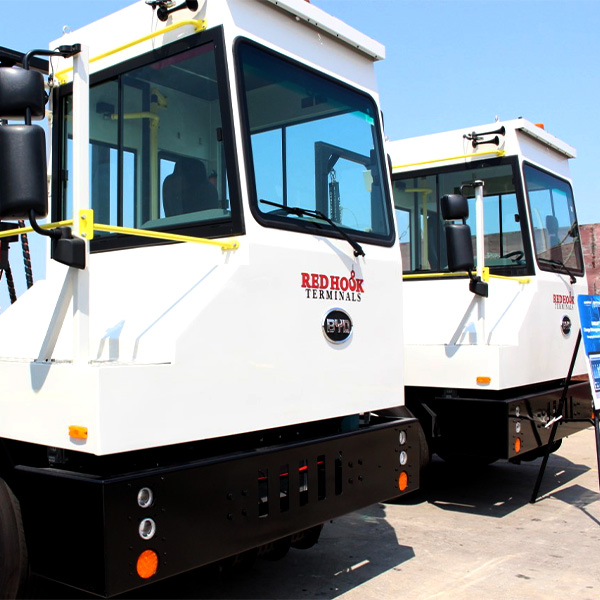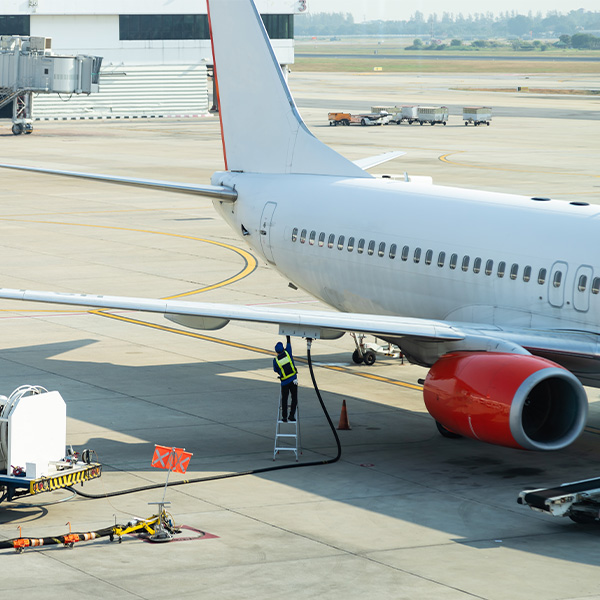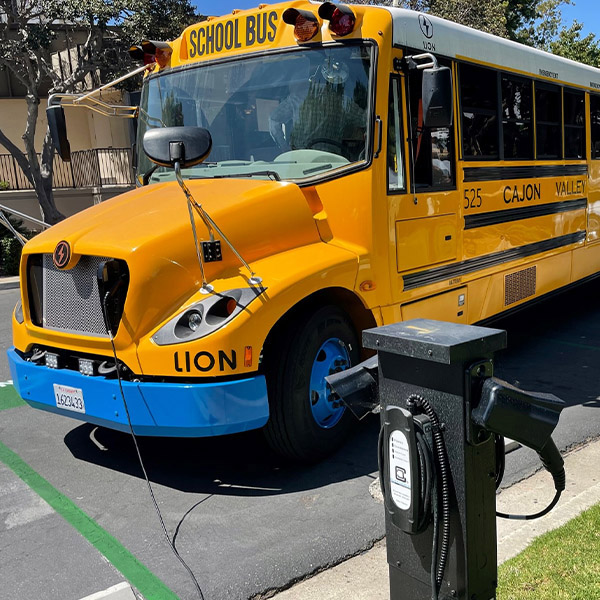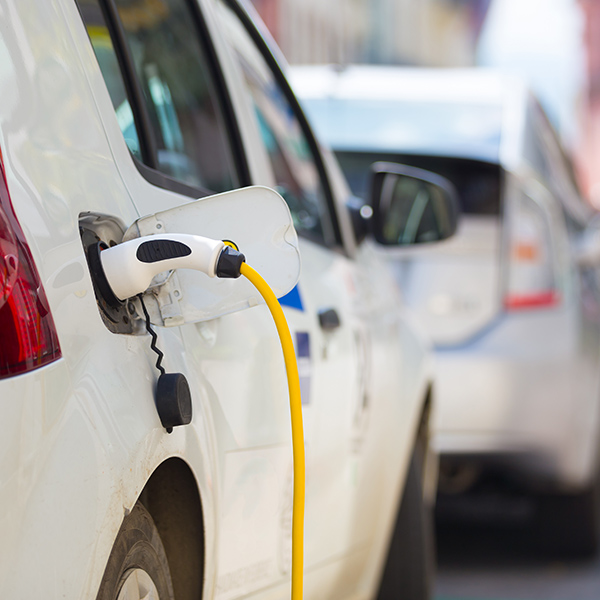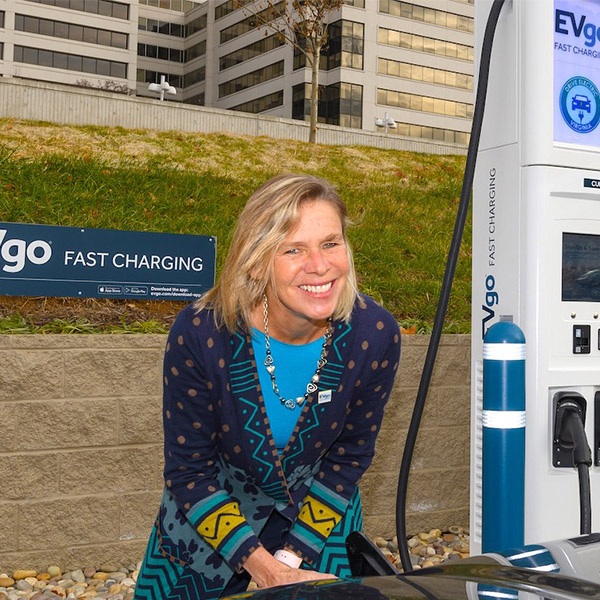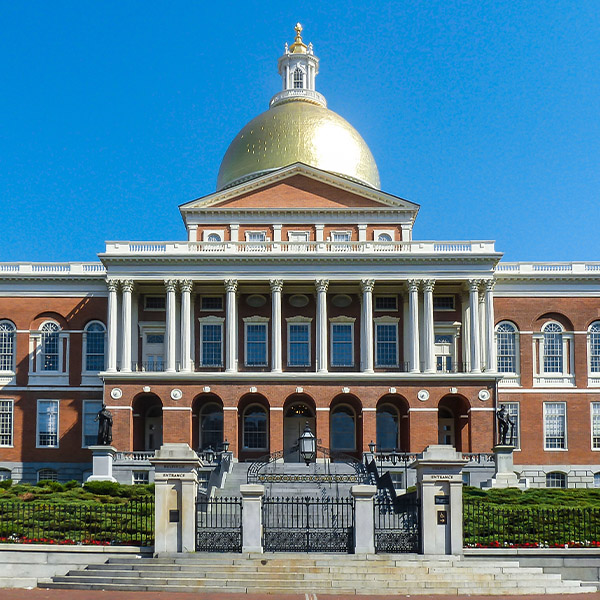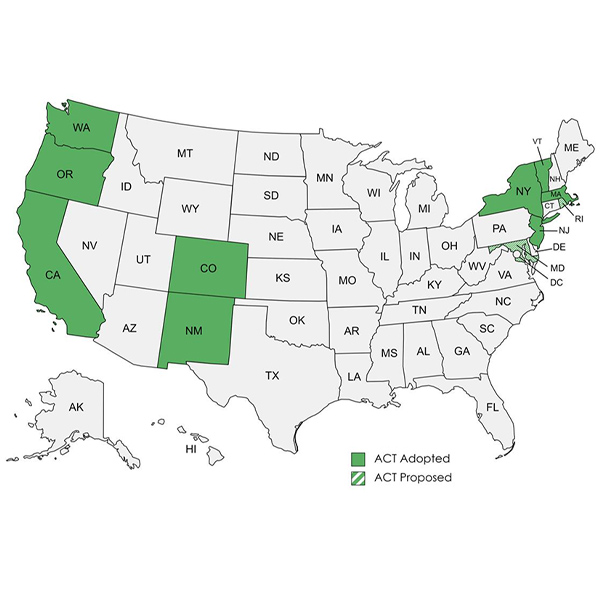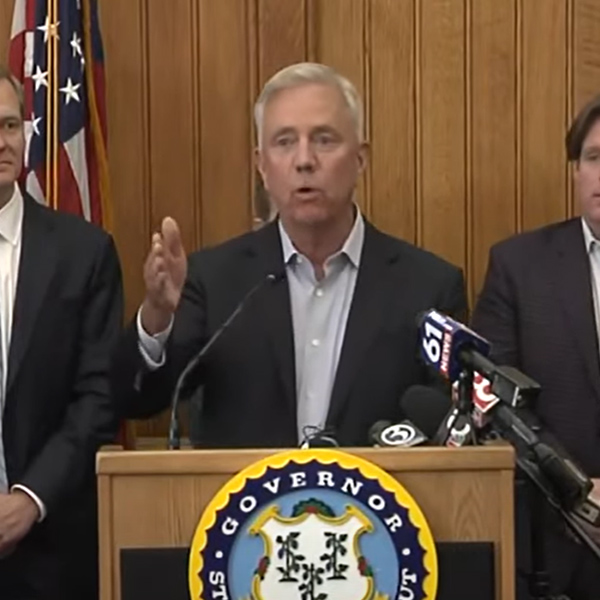Transportation Decarbonization
Airplane DecarbonizationEV chargersHeavy-duty vehiclesBattery Electric Buses (BEB)Fuel Cell Electric Buses (FCEB)Light-duty vehiclesBattery Electric VehiclesFuel Cell VehiclesPlug-in hybrid electric vehiclesShip electrificationClean Ports
The bill seeks to accelerate the installation of direct current fast chargers by giving commercial charger operators a break on rates.
Maryland became the 10th state to adopt the Advanced Clean Trucks rule, which sets targets for the delivery of zero-emissions medium- and heavy-duty vehicles that gradually increase every year.
The Treasury Department has released guidance on the tax credit for sustainable aviation fuel that offers incentives to fuel that cuts emissions by at least 50% compared to standard jet fuel.
New Jersey would allocate $15 million from the current state budget for the first year of the state’s electric school bus program.
As utilities and regulators face unprecedented growth in power demand, figuring out how to plan and finance distribution systems has become a fast-moving target, according to speakers at the GridWise Alliance gridCONNEXT conference.
As U.S. automakers pull back on plans to invest heavily in electric vehicles, claiming sales are not growing as fast as expected, the Treasury Department and Internal Revenue Service issued new guidelines on the federal tax credits for EVs that could further slow sales.
Charging company EVgo has yet to earn a profit. But Cathy Zoi, who headed the company for six years, is bullish on the industry’s future.
Massachusetts's first-ever "Climate Report Card" found that all of the state’s sectors are “on track” for their 2025 decarbonization targets.
CARB is exploring whether zero-emission truck credits that manufacturers earn under the Advanced Clean Trucks regulation should be transferable among states.
Connecticut Gov. Ned Lamont withdrew regulations that would have required all new vehicles sold in the state to be non-emitting by 2035.
Want more? Advanced Search
